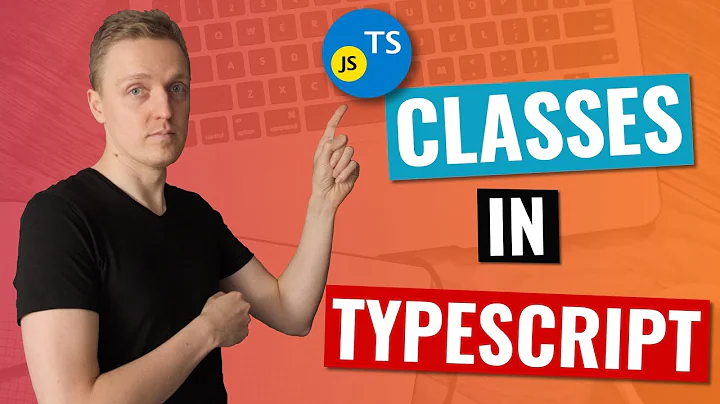Subclass of class with synthesized readonly property cannot access instance variable in Objective-C
Solution 1
The instance variable _pString produced by @synthesize is private to MyClass. You need to make it protected in order for MySubclass to be able to access it.
Add an ivar declaration for _pString in the @protected section of MyClass, like this:
@interface MyClass : NSObject {
@protected
NSString *_pString;
}
@property (nonatomic, strong, readonly) NSString *pString;
@end
Now synthesize the accessors as usual, and your variable will become accessible to your subclass.
Solution 2
I am familiar with this problem. You synthesize the variable in your .m class, so it is not imported along with the header since the _pString variable will be created as part of the implementation, and not the interface. The solution is to declare _pString in your header interface and then synthesize it anyway (it will use the existing variable instead of creating a private one).
@interface MyClass : NSObject
{
NSString *_pString; //Don't worry, it will not be public
}
@property (nonatomic, strong, readonly) NSString *pString;
@end
Related videos on Youtube
tacos_tacos_tacos
Updated on June 05, 2022Comments
-
tacos_tacos_tacos about 2 years
In the superclass
MyClass:@interface MyClass : NSObject @property (nonatomic, strong, readonly) NSString *pString; @end @implementation MyClass @synthesize pString = _pString; @endIn the subclass
MySubclass@interface MySubclass : MyClass @end @implementation MySubclass - (id)init { if (self = [super init]) { _pString = @"Some string"; } return self; }The problem is that the compiler doesn't think that
_pStringis a member ofMySubclass, but I have no problem accessing it inMyClass.What am I missing?
-
TeaCupApp about 12 yearstry [super setPString:] or [self setPString:]
-
Dinesh about 12 yearstried to remove readonly property like below @property (nonatomic, strong) NSString *pString;
-
-
borrrden about 12 yearsYes, you will...if it is from a subclass that has access to the underlying variable.
-
Sergey Kalinichenko about 12 years@Owl You will not be able to set the string through the property, but you will be able to set the string to the backing variable, which will have the effect of
pStringproperty changing its value. You need to set_pString = @"abc", notself.pString = @"abc". -
borrrden about 12 years@Owl what dasblinken said! You don't HAVE to set the variable through its property interface. This way objects that don't inherit from the class cannot change the variable. It is readonly except to children.
-
borrrden about 12 yearsJust a semantic question about stack...does "oldest" answer go by creation time or edit time?
-
tacos_tacos_tacos about 12 yearsThis was exactly what I was looking for. Thanks
-
 SmileBot about 10 yearsGood answer. I would personally use a double under score to indicate that you are accessing a protected ivar on a superclass and explicitly @synthesize it:
SmileBot about 10 yearsGood answer. I would personally use a double under score to indicate that you are accessing a protected ivar on a superclass and explicitly @synthesize it: -
Rudolf Real over 7 yearsA small reminder: in the subclass use the ivar (_myVariable) instead of the accessor (self.myVariable).











